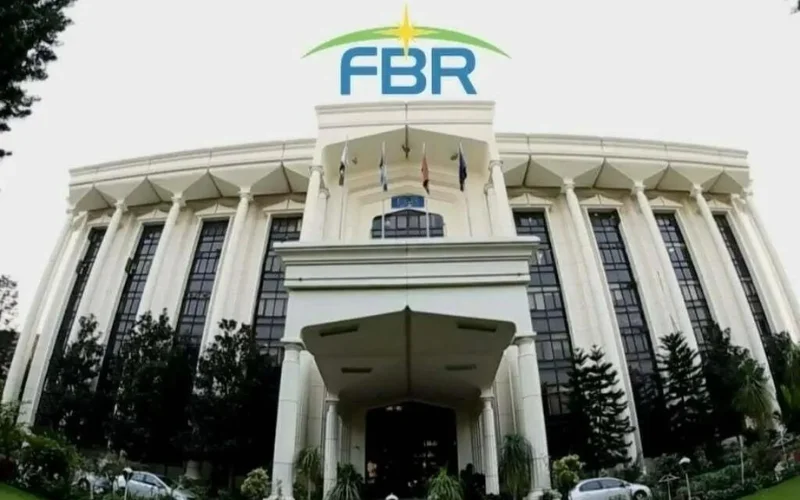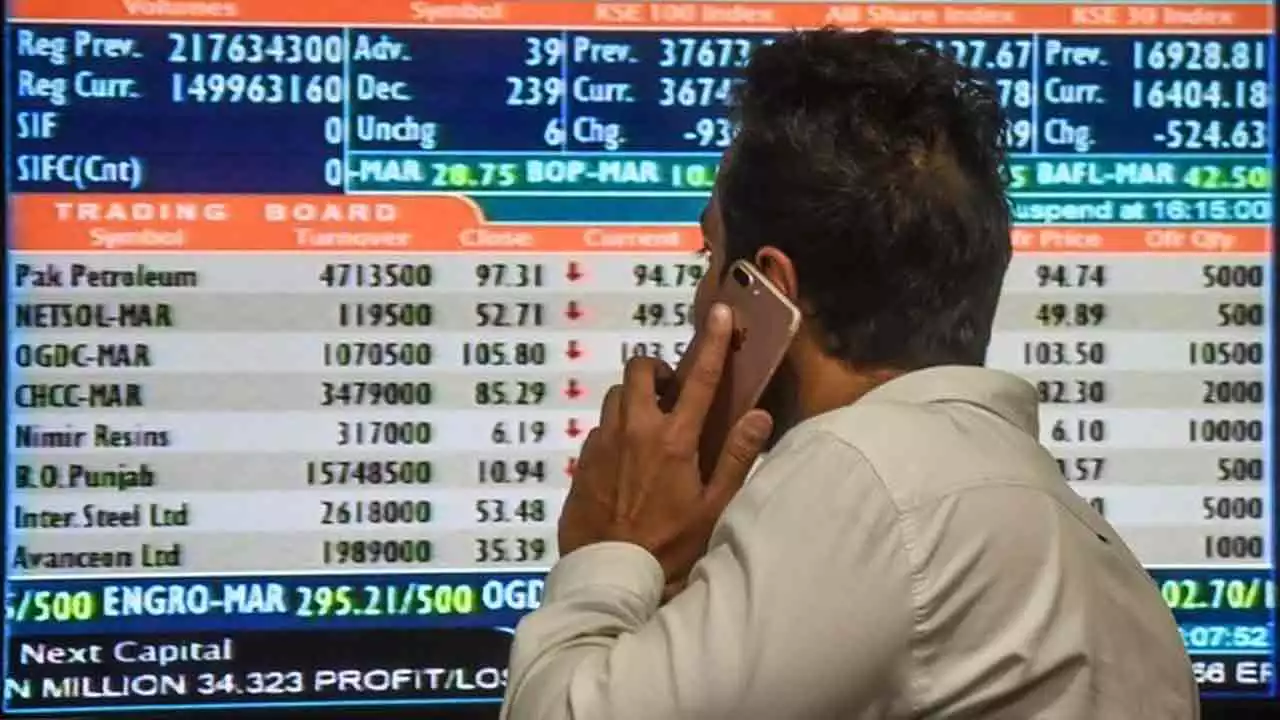In Karachi, the Federal Board of Revenue (FBR) recently uncovered what has been described as the largest tax fraud in Pakistan’s history, amounting to a staggering Rs314 billion. The discovery was made by the FBR’s Directorate of Internal Audit-Inland Revenue, shedding light on a complex case of fraudulent activity perpetuated by a fictitious entity known as “K H & Sons.” This dubious company, which existed solely on paper, had deceitfully registered itself under the alias of Muhammad Kashif.
Documents affiliated with this sham company suggested that it was engaged in activities within the iron and steel industry, with purported addresses listed in Liaquat Market, Agri Market, and M A Jinnah Market. However, further investigations have revealed that this facade was a front for various illicit undertakings, sparking concerns about the efficacy of regulatory oversight and law enforcement in combatting significant financial crimes.
Despite the magnitude of this tax fraud revelation, the FBR has yet to initiate legal proceedings against the culprits responsible. This delay has raised apprehensions that the individuals involved may attempt to flee the country, leaving many to ponder whether justice will ever be served for those orchestrating such an extensive scheme and how it managed to remain undetected for such an extended period.
In response to this alarming incident, the FBR has articulated plans to intensify its efforts to combat tax evasion on a national scale. A comprehensive list of 11,000 individuals, encompassing prominent figures from major cities like Lahore and Karachi, such as industrialists, mill owners, traders, property dealers, and wholesalers, has been compiled. Stringent measures, including the possibility of arrests, are poised to be enforced against those found guilty of tax evasion, as part of the FBR’s commitment to curbing financial malfeasance.
This revelation serves as a stark reminder of the ongoing challenges posed by financial fraud and tax evasion in Pakistan, underscoring the need for robust regulatory mechanisms and timely intervention to safeguard the nation’s fiscal integrity.



